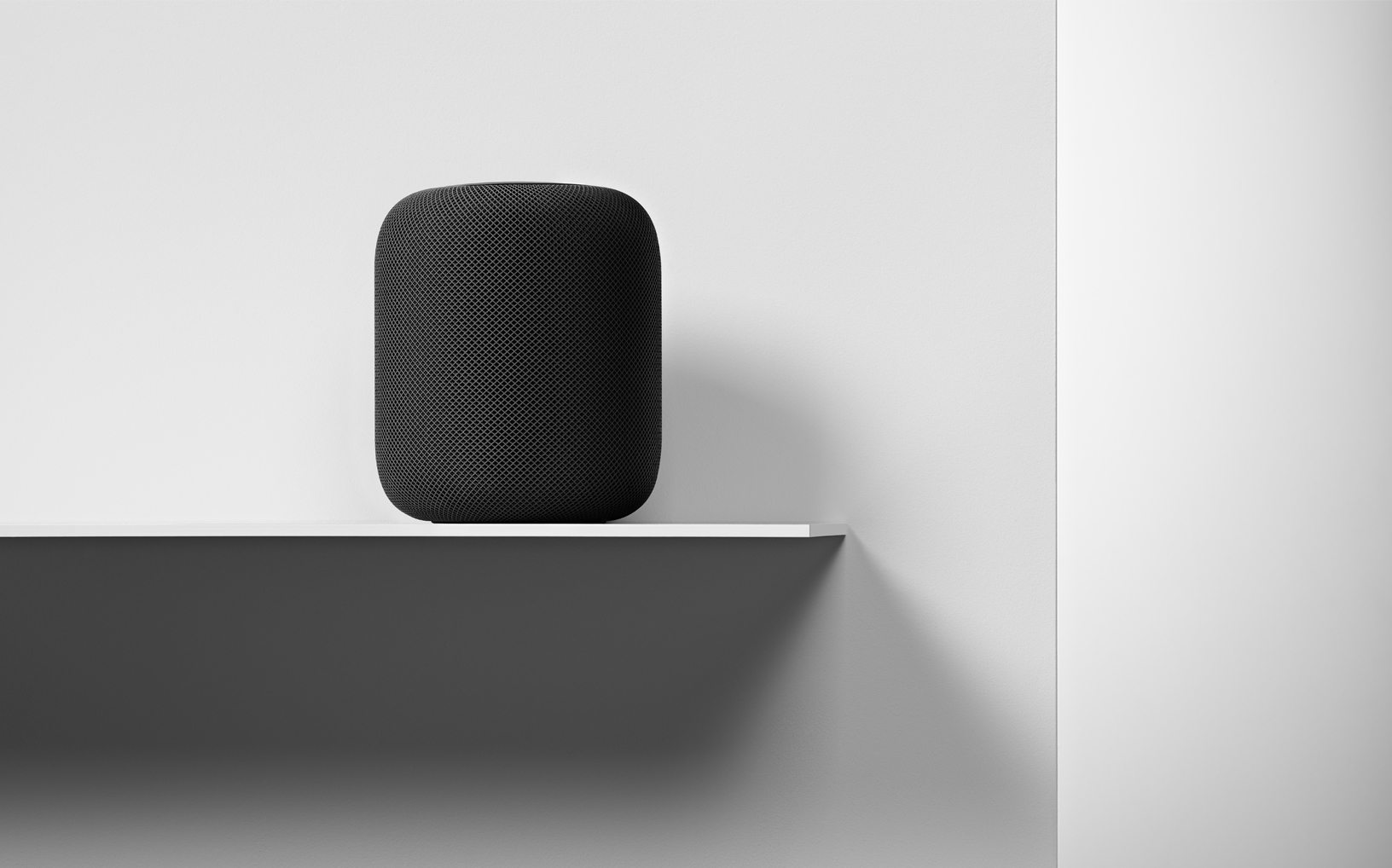Smartphones have been around for quite a few years and have come a long way since then. Today's smart phones are able to perfectly adapt to students, businessmen and people with creative professions. Among other things, voice virtual assistants have become an integral part of smart devices. But what does it really bring to smartphones and their users?
Siri and others
Apple's smart voice assistant Siri made its debut in 2010 when it became part of the iPhone 4s. Today's Siri can understandably do much more than the one that Apple launched eight years ago. With its help, you can not only organize meetings, find out the current weather status or perform basic currency conversions, but it also helps you choose what to watch on your Apple TV, and its considerable benefit lies in the ability to manage the elements of a smart home. Although Siri is still somewhat synonymous with voice assistance, it is certainly not the only assistant available. Google has its Google Assistant, Microsoft Cortana, Amazon Alexa and Samsung Bixby. Please try to guess which of the available voice assistants is the "smartest". Did you guess Siri?
Marketing agency Stone Temple put together a set of 5000 different questions from the field of "everyday factual knowledge" with which they wanted to test which of the virtual personal assistants is the smartest - you can see the result in our gallery.
Omnipresent assistants
A technology that until relatively recently was reserved only for our smartphones is slowly but surely starting to expand. Siri has become part of the macOS desktop operating system, Apple has released its own HomePod, and we also know smart speakers from other manufacturers.
According to Quartz research, 17% of US consumers own a smart speaker. Considering the pace at which the spread of smart technology usually progresses, it can be assumed that smart speakers may eventually become an integral part of many homes, and that their use will no longer be limited to just listening to music (see the table in the gallery). At the same time, the expansion of the function of personal assistants into other areas of our daily life can also be assumed, be it headphones, car radios or Smart Home elements.
It could be interest you

No restrictions
At the moment, it can be said that individual voice assistants are limited to their home platform – you can find Siri on Apple, Alexa only on Amazon, and so on. Significant changes are on the horizon in this direction as well. Amazon is planning to integrate its Alexa in cars, there is also speculation about a possible partnership between Amazon and Microsoft. Among other things, this could mean the integration of both platforms and wider possibilities for the application of virtual assistants.
"Last month, Amazon's Jeff Bezos and Microsoft's Satya Nadella met about the partnership. The partnership should result in better Alexa and Cortana integration. It might be a little strange at first, but it will lay the groundwork for the digital assistants of each platform to communicate with each other," The Verge magazine reported.
Who is talking here?
Humanity has always been fascinated by the idea of smart technologies that can be communicated with. Especially in the last decade, this idea is slowly starting to become an increasingly accessible reality, and our interactions with technology through some form of conversation make up an ever larger percentage. Voice assistance could soon become a part of literally every piece of electronics from wearable devices to kitchen appliances.
At the moment, voice assistants may still seem like a very sophisticated toy to some people, but the truth is that the goal of long-term research and development is to make assistants as useful as possible in as many areas of life as possible - The Wall Street Journal, for example, recently reported on an office whose employees use Amazon Echo to schedule events.
The integration of voice assistants into more and more elements of electronics, along with the development of technology, could completely rid us of the need to carry a smartphone with us everywhere and all the time in the future. However, one of the main characteristics of these assistants is the ability to always and under all circumstances listen - and this ability is also the subject of many users' concerns.
Source: TheNextWeb





Siri was the first, but is already significantly behind. Evidently, Apple farts on it, because Siri is not a revenue service.
I do 80% of the end on the PC all the time, every day, assistants could do this and I hope they will soon be able to handle it themselves.